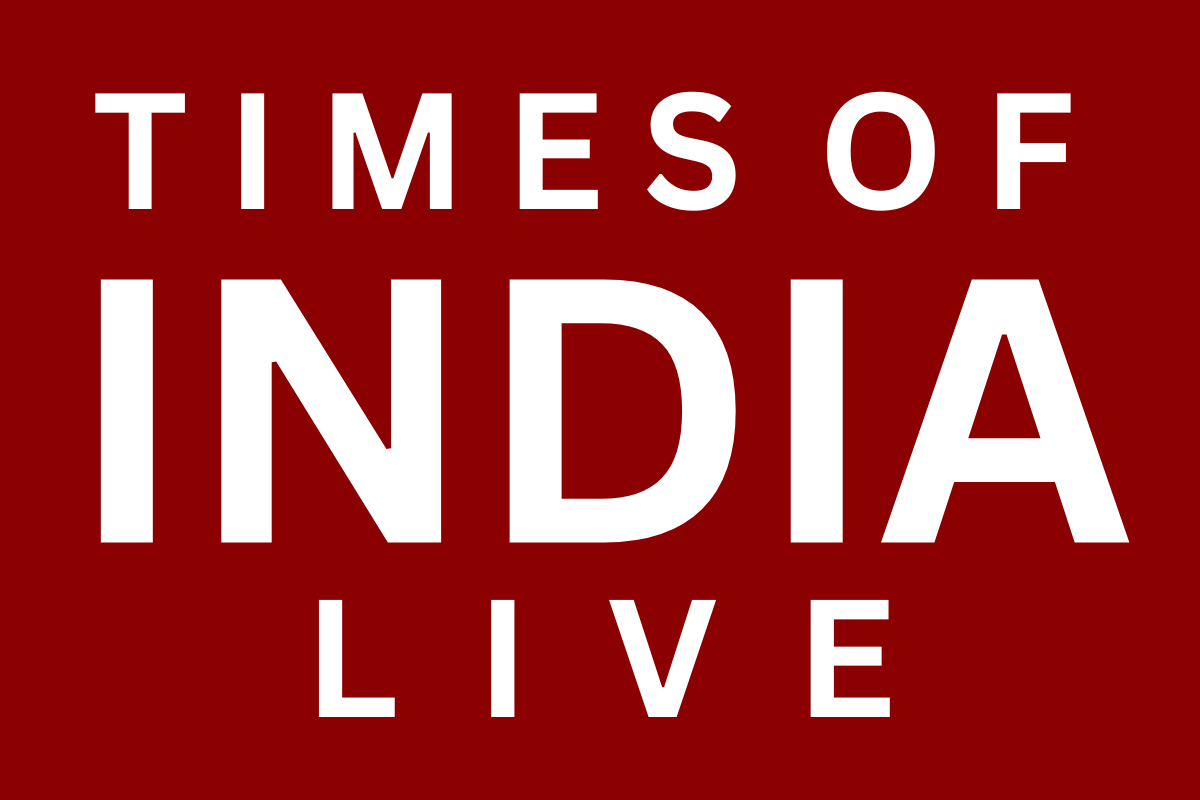The legal theory underpinning Elon Musk’s lawsuit against Apple and OpenAI is a compelling “tale of two monopolies.” It alleges that the two companies have illegally combined their separate market dominations—Apple in smartphones and OpenAI in AI chatbots—to create a new, more powerful monopoly that harms competition.
First, the lawsuit establishes Apple’s monopoly power. It points to its dominant position in the U.S. smartphone market and its absolute control over the iOS App Store. This power, the suit claims, allows Apple to act as a kingmaker, choosing which apps and services will succeed.
Second, it posits that OpenAI has achieved a monopoly in the generative AI chatbot market, with ChatGPT being the most recognized and used product. The legal theory then argues that the two have entered a “conspiracy” where Apple uses its kingmaker power to permanently anoint OpenAI as the winner, in exchange for access to its leading technology.
This “tying” of two monopolies, the lawsuit contends, is a classic violation of antitrust law. It’s an elegant legal argument that simplifies a complex partnership into a straightforward narrative of anticompetitive collusion. OpenAI’s challenge will be to prove their partnership fosters innovation, rather than stifles it, as Musk alleges.
A Tale of Two Monopolies: Musk’s Legal Theory Explained
Date:
Picture Credit: www.heute.at
